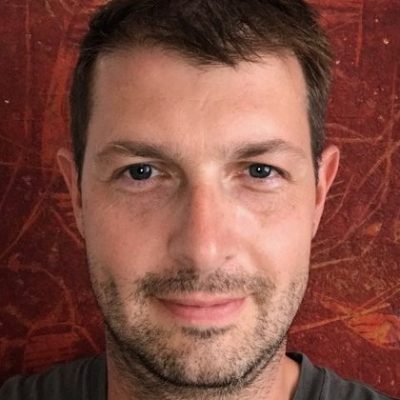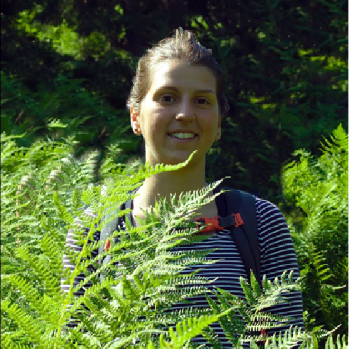Eco-evolutionary ‘omics and host-microbe interactions
Medical university of Vienna; Natural history museum of Vienna

Martin Kapun
Principal Investigator

Anton Strunov
Postdoc resarcher

Sonja Steindl
Bioinformatician
Research Interests:
We investigate evolutionary and ecological mechanisms that shape genetic and phenotypic variation within and among populations and species. Many of our questions are centered around understanding the contribution of demography and adaptive evolution to spatio-temporal variation in natural populations that may eventually lead to speciation. Given one of the biggest museum collections in the world at the NHM Vienna and as part of the central research laboratories, we employ museomics approaches for taxonomic inference and to investigate character evolution at different hierarchical levels.
In our group at the medical university of Vienna, we want to better understand eco-evolutionary dynamics resulting from host-microbe interactions. To this end, we primarily investigate fitness-related and behavioral effects of Wolbachia endosymbionts on Drosophila melanogaster hosts. Our analyses are not limited to the core nuclear genome, but will be extended towards the hologenome, i.e. the collective genome of the host and all of its symbiotic microbes. This allows to unravel genetic signals of conflicting and cooperative interactions between the host and its tightly associated microbiota.
To address these questions, we combine state-of-the-art bioinformatic approaches at the genomic, transcriptomic and epigenetic level with lab- and field-based quantitative phenotypic assays focusing on fruit flies of the genus Drosophila and various non-model organisms.
Research topics:
- The influence of microbial symbionts on thermal preference and life-history traits in Drosophila melanogaster
- Landscape genomics of Drosophila melanogaster from Europe and North America
- Evolution of chromosomal inversions in Drosophila
- Phylogenomics in non-model organisms using museum samples
